SUMMARY
This is AI generated summarization, which may have errors. For context, always refer to the full article.
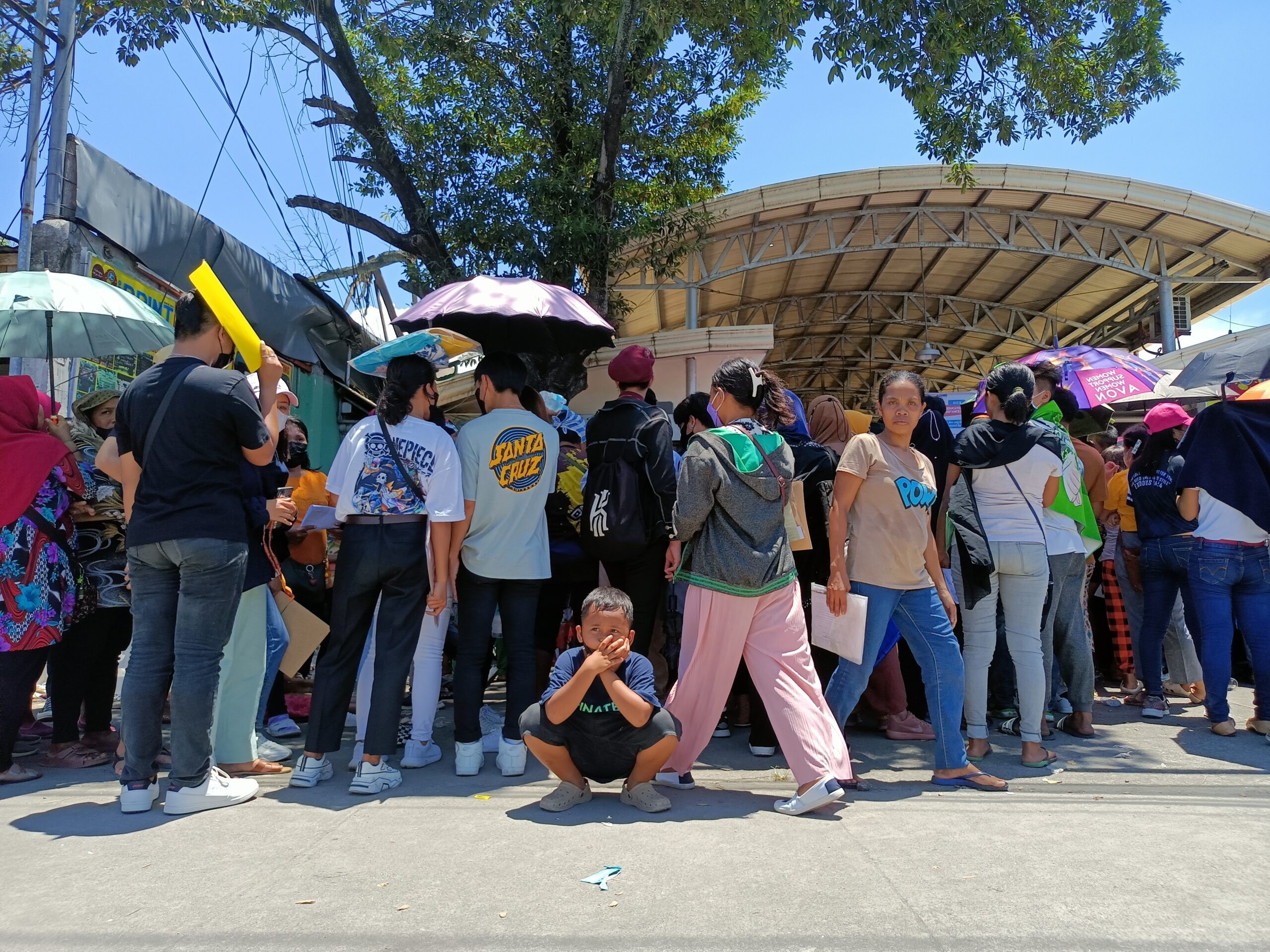
CAGAYAN DE ORO CITY, Philippines – People had lined up outside the regional office of the Department of Social Welfare and Development (DSWD) a night before it started releasing dole outs on Saturday morning, August 20 – two days ahead of the opening of classes.
Thousands ended up being sent home by the DSWD empty-handed and frustrated, just like in other places across the country.
But behind all the mess, the brouhaha only underscored the desperation of many Filipinos who endured lining up for hours in hopes of receiving financial aid, said Senate Minority Leader Aquilino “Koko” Pimentel III.
Police said some 5,000 queued outside the Northern Mindanao office of the DSWD in uptown Cagayan de Oro in the race for financial aid intended for students coming from poor families. Several fainted while lining up.
The dole-outs ranged from P1,000 for elementary graders to P4,000 for college students.
“We were prepared for only 400 people in Cagayan de Oro,” said Roshiel Galia, the spokesperson of the DSWD in Northern Mindanao.
Galia said the social workers could have prepared to release aid to more people had it not been for the short notice.
“We had less than a week to prepare” since Social Welfare Secretary Erwin Tulfo’s announcement that the department would release the educational assistance on Saturday, she said.
The same thing happened in General Santos, a city in Soccsksargen, where confusion and frustration marred the distribution of the educational cash assistance from the DSWD.
Thousands of people from General Santos and Sarangani province flocked to three aid distribution centers set up by the DSWD in the city.
Just like in Cagayan de Oro, many of them spent the night lining up and went home with nothing.
‘Life is much harder’
Rowena Alido, who came for some aid for her two children, complained that she was given the runaround by social welfare officers in General Santos.
Alido said she was instructed to go to the Dadiangas South Elementary School, but found it closed.
When she went back, she said she was told it was already cutoff time and she could no longer be served.
At least two Alabel residents fainted under the scorching sun while waiting in line, and were taken by an ambulance.
In Koronadal City, hundreds queued in the wee hours outside a local DSWD office. There, people jostled and shoved each other as soon as the office opened.
Galia said the long queues merely showed how destitute many citizens are, and how bad the state of the country’s economy has become.
“They’re affected by the crisis brought by the COVID-19 pandemic and the spiraling prices of food and fuel. Life is much harder,” she said.
Cagayan de Oro Councilor Joyleen Mercedes “Girlie” Balaba said she was saddened by the outcome of the DSWD aid program on Saturday, saying it could have been avoided if community-based monitoring systems were in place.
Balaba, the chairperson of the city council’s social welfare committee, said any government aid should be given to people “in a safe and orderly manner.”
Many saw the crowding at the DSWD offices as COVID-19 “super-spreader” events.
Lessons for DSWD, local governments
“This shows the desperation of our people. They will really avail of all the government assistance announced to be given to them. Hence, the DSWD should improve its systems and, at the same time, comply with all COVID-19 protocols in the process,” Pimentel told Rappler.
Pimentel, however, lauded the DSWD for the “decentralized system so that not only Metro Manila-based citizens are assisted.”
To improve the aid distribution, he said, the DSWD should avoid free-for-all aid distributions by putting in place an appointment or schedule system.
“If not possible, then it can open windows following the first letter of the family names, and dedicate more people to the system,” he added.
Pimentel also called on the DSWD to maintain a computerized recording of the beneficiaries and disbursements to avoid adverse audit findings.
Balaba, for her part, said local governments can learn from the outcome of Saturday’s DSWD aid distribution.
She cited the case of Cagayan de Oro, where a councilor proposed that city hall give first-time jobseekers financial assistance.
Balaba said she expressed her reservations because “we would not want something like [what took place in the DSWD] to happen.”
She said: “Every legislation must be done after a thorough research analysis, and backed by data. The intention is good, but would it justify the consequences? How can we be certain that the ayuda (aid) will be used for its intended purpose? Otherwise, we will be wasting public funds, and it’s going to end up messy.”
Balaba also said the government must be very clear about its policy, requirements, conditions, and needs before giving out financial aid.
“People will always line up for anything that is given to them for free even if they do not belong in the category [of indigents]. They will find a way just to receive the assistance, and we cannot blame them,” she said. – Rappler.com
Add a comment
How does this make you feel?
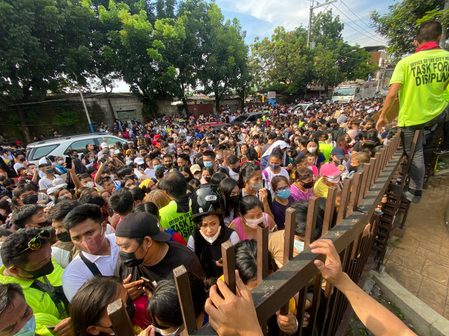






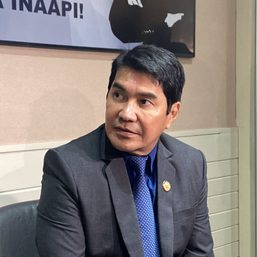

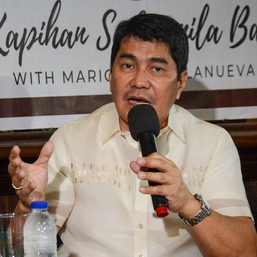


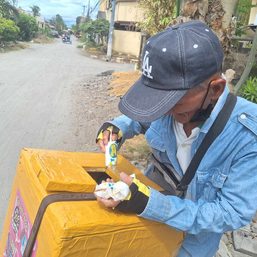
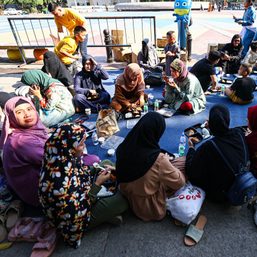











There are no comments yet. Add your comment to start the conversation.